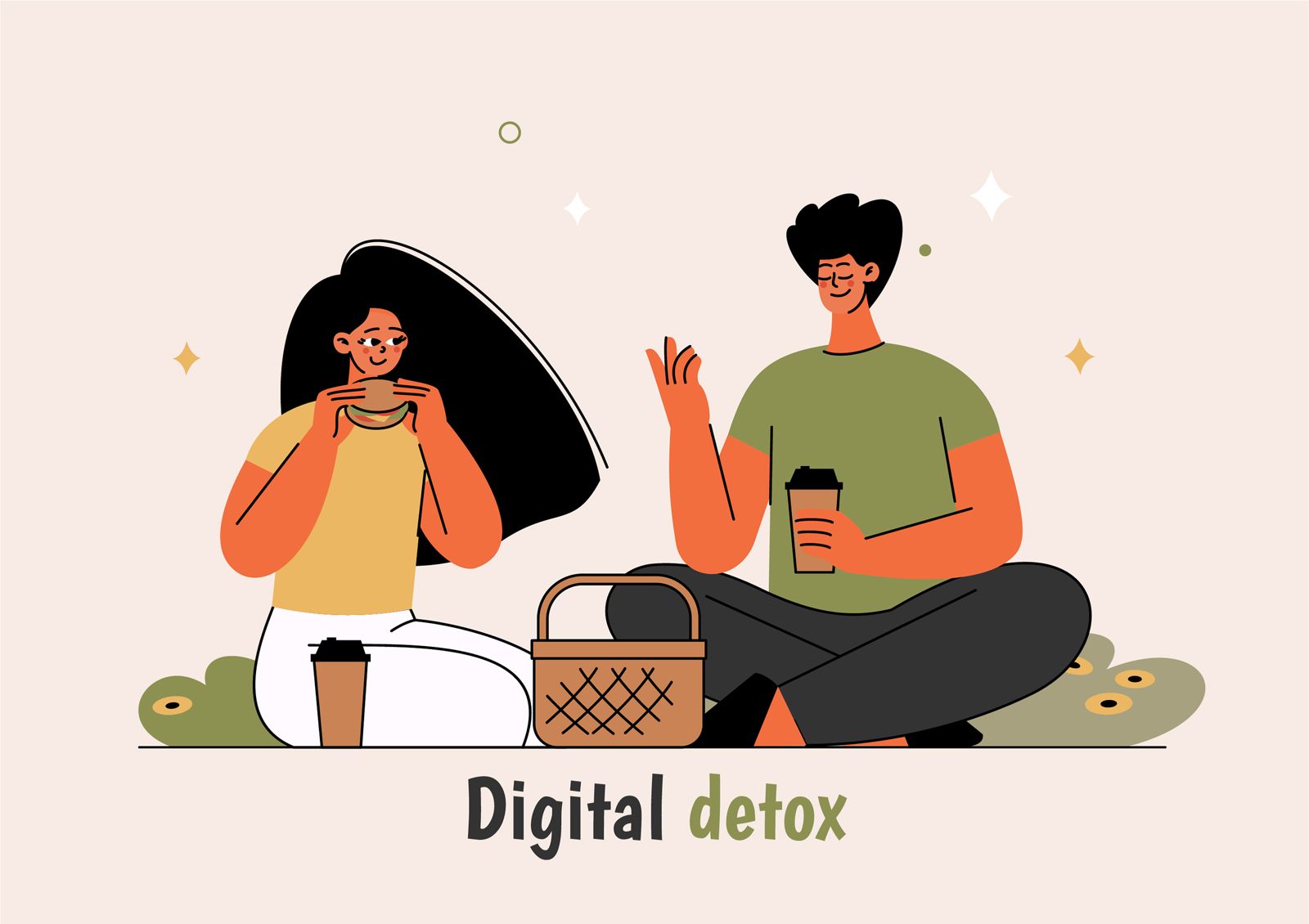Digital Detox: Why Unplugging Can Improve Your Mental Health
Introduction: The Need for a Digital Detox
In an age of constant connectivity, we’re bombarded with information from emails, social media, and online news. While technology has its benefits, too much screen time can have negative effects on mental health. A digital detox—taking a break from digital devices—can help restore balance and improve emotional well-being.
The Negative Impact of Screen Time
- Stress and Anxiety: Constant notifications and the pressure to stay connected can lead to heightened stress and anxiety.
- Sleep Disruption: The blue light emitted by screens interferes with the production of melatonin, the hormone that regulates sleep.
- Decreased Focus: Being constantly connected makes it difficult to concentrate on tasks, reducing productivity and mental clarity.
Benefits of a Digital Detox
- Improved Sleep: Reducing screen time, especially before bed, helps improve sleep quality.
- Better Focus: Disconnecting from devices allows for deeper focus and increased productivity during work or personal projects.
- Enhanced Mental Health: A break from social media can reduce feelings of inadequacy, anxiety, and depression.
How to Implement a Digital Detox
- Set Screen-Free Hours: Designate specific times each day where you avoid all screens, such as during meals or before bed.
- Go Outdoors: Spend time in nature or engage in physical activities that don’t involve technology.
- Turn Off Notifications: Reduce distractions by disabling non-essential notifications on your phone and computer.
Conclusion: Unplug for Better Mental Health
A digital detox can lead to better mental health, improved focus, and better sleep. By setting boundaries with technology and taking regular breaks, you can reclaim your time and well-being in a hyper-connected world.





